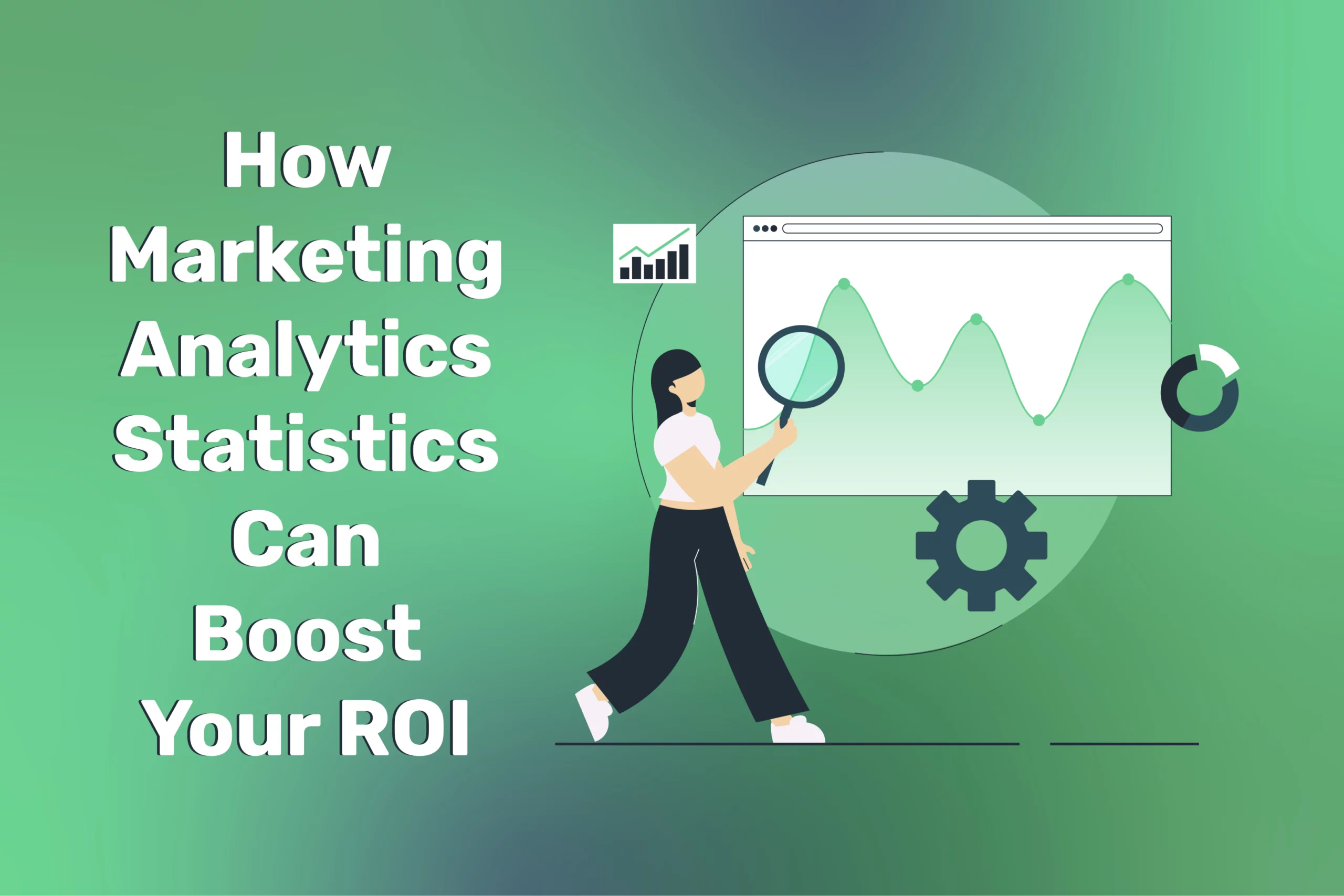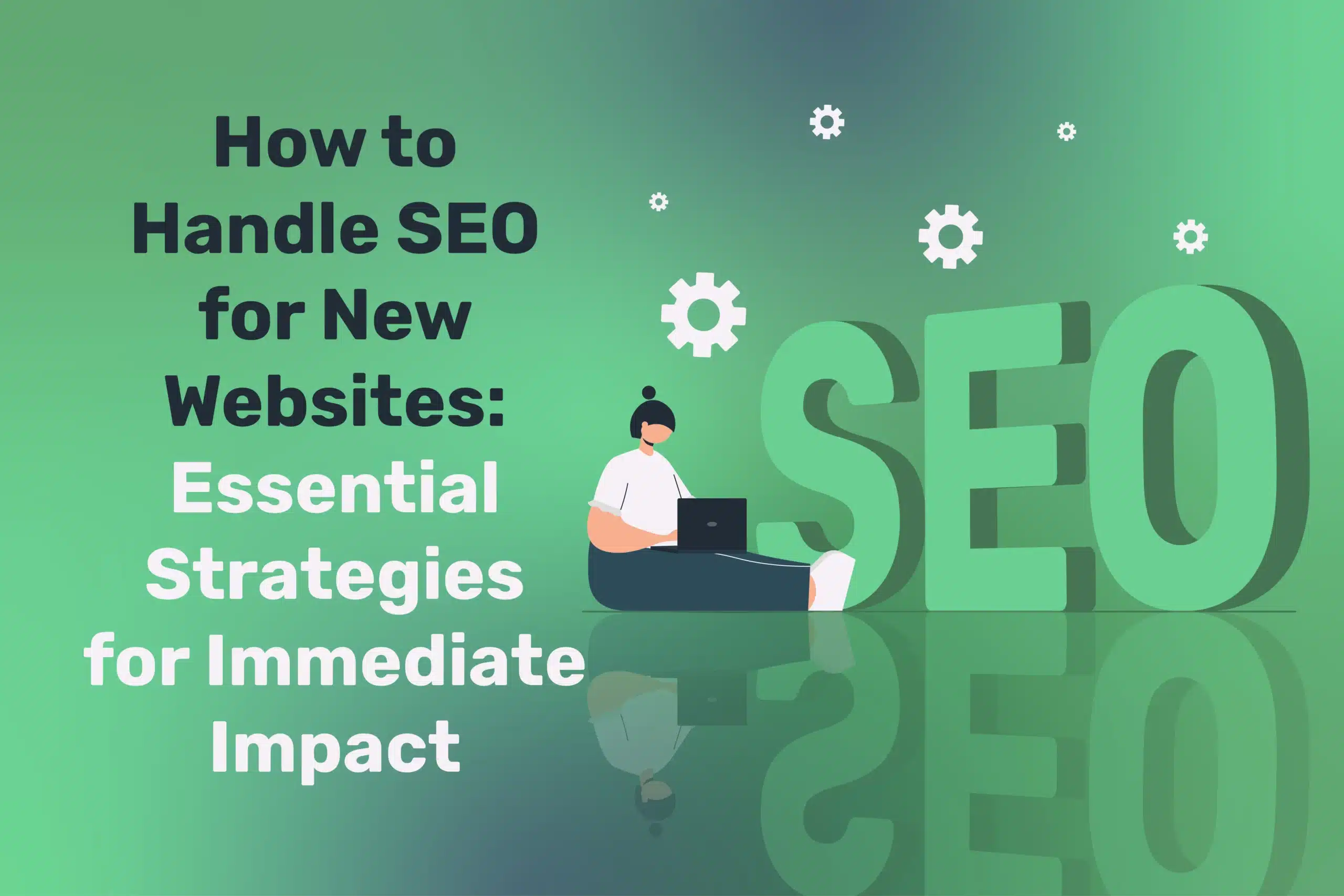
Smart ChatGPT Plugins and the Next Wave of AI Integration: A Practical Guide for SMEs
Table of Contents
The ChatGPT revolution hasn’t stopped at text-based interactions: ChatGPT plugins represent a new wave of AI integration, letting businesses add extra functionality or connect to external APIs seamlessly. By employing or building custom plugins, companies in Ireland, Northern Ireland, and the UK can automate tasks—from pulling CRM data to handling e-commerce transactions—directly within ChatGPT’s interface. This article demystifies how these plugins work, potential use cases for SMEs, and advanced best practices to ensure security and compliance.
“Plugins transform ChatGPT from a Q&A tool to a full-fledged business assistant, letting SMEs handle workflows or gather data in seconds,” says Ciaran Connolly, Director of ProfileTree.
Smart ChatGPT Plugins: The Basics
ChatGPT plugins expand the AI’s capabilities by allowing it to interact with external tools, retrieve real-time data, and perform specialised tasks. From browsing the web to integrating with productivity apps, these plugins enhance functionality, making ChatGPT more dynamic for business and personal use.
Evolution from Base ChatGPT
Originally, ChatGPT offered purely text-based AI responses. Plugins extend GPT’s capabilities by linking it to external services or data. For instance, a plugin can fetch your inventory from a small e-commerce DB or pull real-time weather for local marketing campaigns. The concept is similar to browser extensions, but embedded in GPT’s AI environment.
Types of Plugins
- Official/Third-Party: Created by external developers, e.g. a booking plugin that allows GPT to see or place reservations in your system.
- Custom: Built by your in-house dev or a local agency in Cork or Manchester, to handle your unique business needs (like internal knowledge base queries).
Use Cases for UK and Irish SMEs
For UK and Irish SMEs, ChatGPT plugins can streamline operations, enhance customer engagement, and improve decision-making. Businesses can leverage them for automated customer support, market research, content generation, and even financial insights—helping them stay competitive in a fast-evolving digital landscape.
CRM and Lead Management
A plugin that connects ChatGPT to a CRM can let staff ask in natural language, “List top leads in Belfast with open quotes” or “Show me last conversation with John.” The AI organises results, saving manual searching. Perfect for small sales teams wanting quick data queries.
E-commerce Inventory Queries
A small online retailer could let ChatGPT check stock levels or shipping updates. E.g., “Is the ‘Irish Wool Sweater’ in stock for size L?” GPT fetches real-time data from your inventory plugin. This synergy could also handle order tracking queries.
Intranet or Policy Document Summaries
For local councils or law firms, building a plugin pointing GPT to internal docs means staff can ask policy questions or get instant briefs. E.g. “Summarise the 2023 GDPR update relevant to Northern Ireland offices.” The plugin ensures GPT only references verified internal PDFs.
“By bridging GPT with your CRM or internal docs, staff skip manual steps. That convenience can revolutionise everyday tasks for small teams,” suggests Ciaran Connolly.
Security and Data Compliance
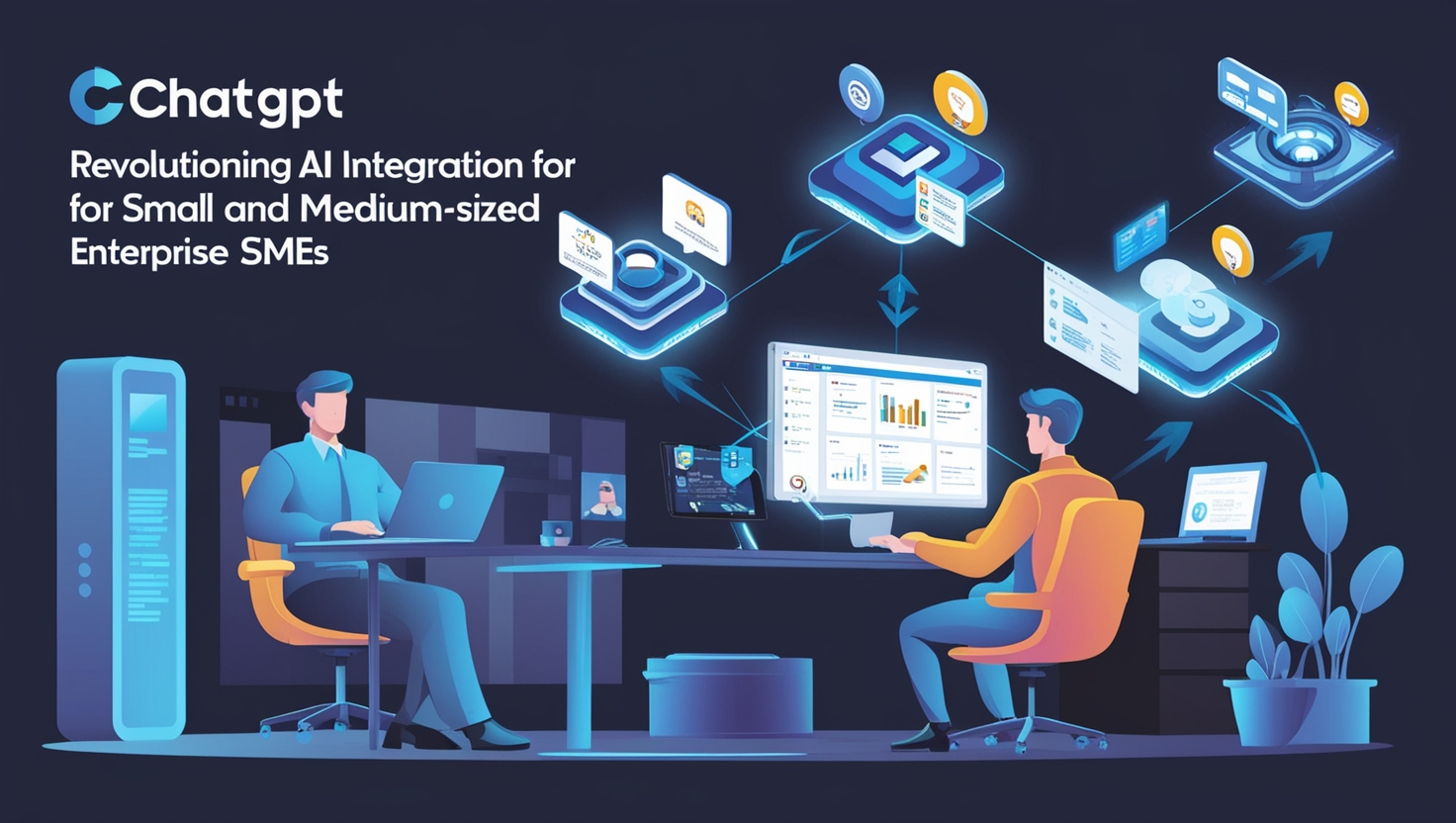
Security and data compliance are critical when using ChatGPT plugins, especially for UK and Irish businesses navigating GDPR and other regulations. Ensuring data encryption, access controls, and compliance with local privacy laws helps protect customer information and maintain trust.
Potential Risks
A plugin that passes confidential data to ChatGPT’s model might risk data leaks or non-compliance if not well-coded. Also, unscrupulous plugin providers might access your data. SMEs must vet plugin security carefully, especially if personal or financial details are involved.
Minimising Exposure
- Anonymise data before sending it to GPT’s environment.
- Limit plugin queries to essential fields, not entire databases.
- Implement access controls so only certain staff or roles can initiate plugin calls.
- If dealing with user data from Dublin or Belfast, ensure GDPR alignment (like user consent or minimal data usage).
Official vs. Custom Solutions
Official or well-known third-party plugins might have robust security. Custom-coded plugins can be tailored to meet local legal standards but need thorough dev skill or external auditing. Weigh the cost vs. control trade-off.
Building or Selecting ChatGPT Plugins
When building or selecting ChatGPT plugins, businesses should focus on functionality, security, and ease of integration. Choose plugins that align with your specific needs, whether for customer support, content creation, or automation, while ensuring compliance with data protection regulations.
Assessing Readiness
- Business Need: Identify a repetitive or data-heavy workflow that ChatGPT could expedite.
- Technical Feasibility: Confirm your CRM or data system has an accessible API.
- User Training: Staff must understand how to phrase requests to ChatGPT for best results.
Plugin Development Steps
- Define API Endpoints: E.g. “GET /inventory?item=”, “POST /crm/newLead.”
- Authenticate: Only ChatGPT calls with valid keys can fetch data. This can involve OAuth or tokens.
- Schema: Map GPT’s question to your data. If someone says, “When was last sale in NI region?” the plugin fetches relevant fields.
- Testing: Check edge cases (invalid item IDs, permission-based queries). Possibly run a local pilot with a few staff.
Off-the-Shelf Solutions
For SMEs not wanting custom dev, some ecosystem tools might exist—like a “HubSpot-ChatGPT plugin” or a “Shopify-ChatGPT plugin.” Evaluate pricing, security disclaimers, and local language support (for Gaelic or region-based queries if relevant).
“SMEs should begin with a single plugin tackling a major pain point—like checking top leads or generating quotes—rather than building a complex suite at once,” suggests Ciaran Connolly.
Advanced Use Cases
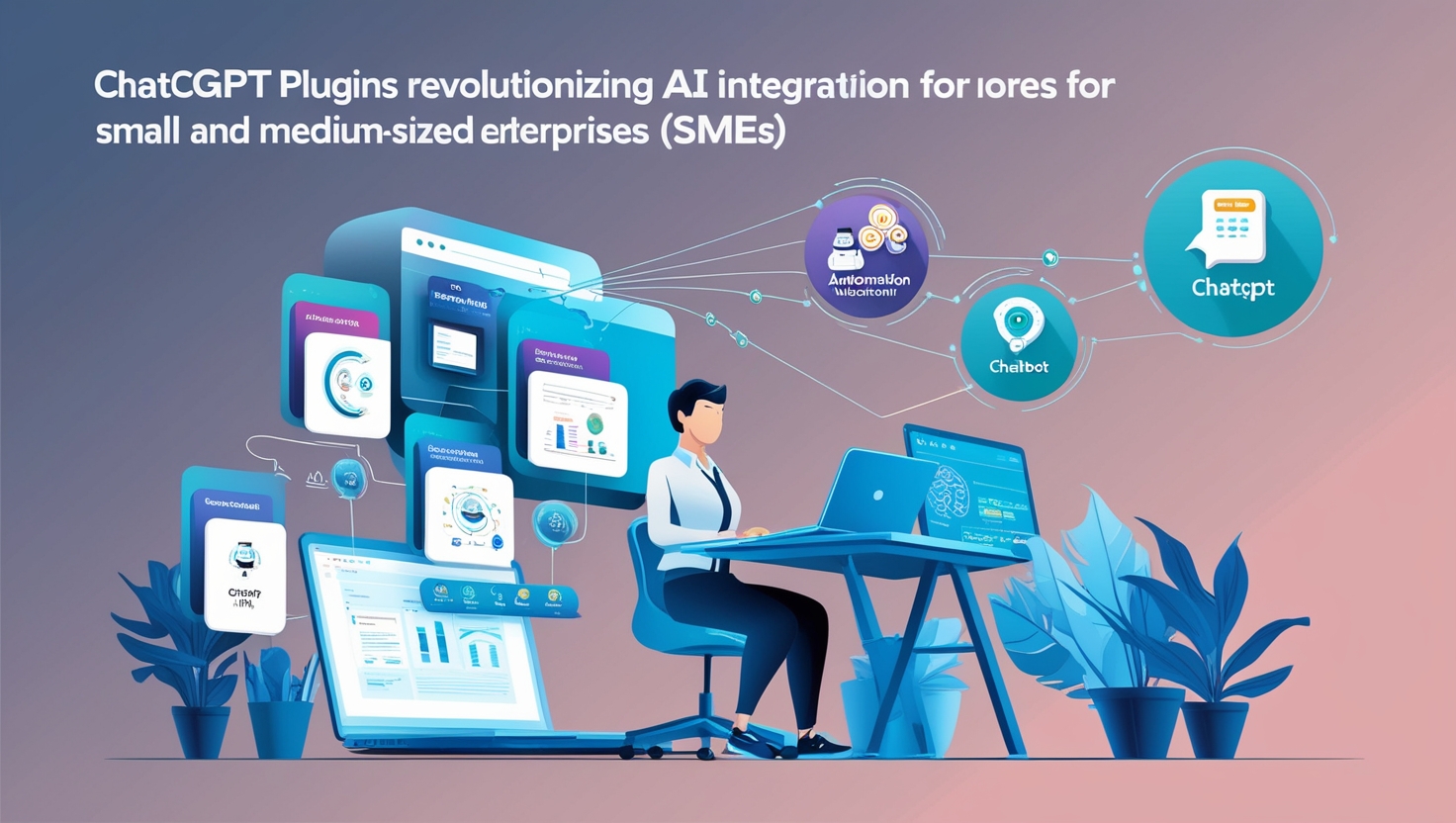
Advanced ChatGPT plugin use cases go beyond basic automation, enabling SMEs to streamline operations, enhance customer interactions, and personalise user experiences. From dynamic content generation and AI-driven chatbots to real-time data analysis and workflow automation, these plugins can drive efficiency and competitive advantage.
AI Chat Agents for External Clients
An e-commerce brand in Galway might let customers chat with ChatGPT (via a plugin) that sees real-time product details, shipping data. This merges chatbot convenience with GPT’s generative power. But carefully design guidelines to keep brand voice consistent and avoid inaccurate answers.
Multi-Lingual or Localised Chat
If your brand caters to Gaelic speakers or different dialects in Northern Ireland, a plugin might be trained on local phrases or translations. Customers can ask in Gaelic, receiving GPT-based responses referencing your product data.
Operational Streamlining
For a mid-sized firm in Birmingham, HR staff might use a ChatGPT plugin to generate performance reviews based on employee data or draft policy outlines referencing your internal docs. This saves hours weekly, letting them finalise text with a human edit.
SEO Benefits of ChatGPT Plugins
ChatGPT plugins can enhance SEO by improving content quality, automating keyword research, and optimising user engagement. They help generate fresh, relevant content, streamline meta descriptions, and refine internal linking strategies. Additionally, AI-driven chatbots can reduce bounce rates by providing instant responses, improving user experience and search rankings.
Enhanced Content Generation
Your marketing team might use ChatGPT (via a plugin that references your editorial guidelines or brand knowledge base) to produce consistent blog posts, meta descriptions, or social copy. The plugin ensures correct brand tone, relevant local keywords, and compliance with your SEO strategy.
Intelligent Keyword Queries
You can ask: “What are the top local keywords for digital agencies in Belfast?” The plugin might fetch real-time data from an SEO tool API, giving immediate suggestions for new blog topics. This synergy speeds content planning.
Rich FAQ or Product Data
If your site has an FAQ aggregator plugin, you can refine user-submitted questions or produce structured Q&A markup. Over time, you gather advanced short-form content that might appear in Google’s SERP features or feed an AI-driven chatbot on your site.
“We see advanced synergy: ChatGPT plugin uses SEO tools or data, then a marketing team quickly shapes optimised content or meta tags. It’s a one-stop command centre,” says Ciaran Connolly.
E-E-A-T and Helpful Content with ChatGPT Plugins
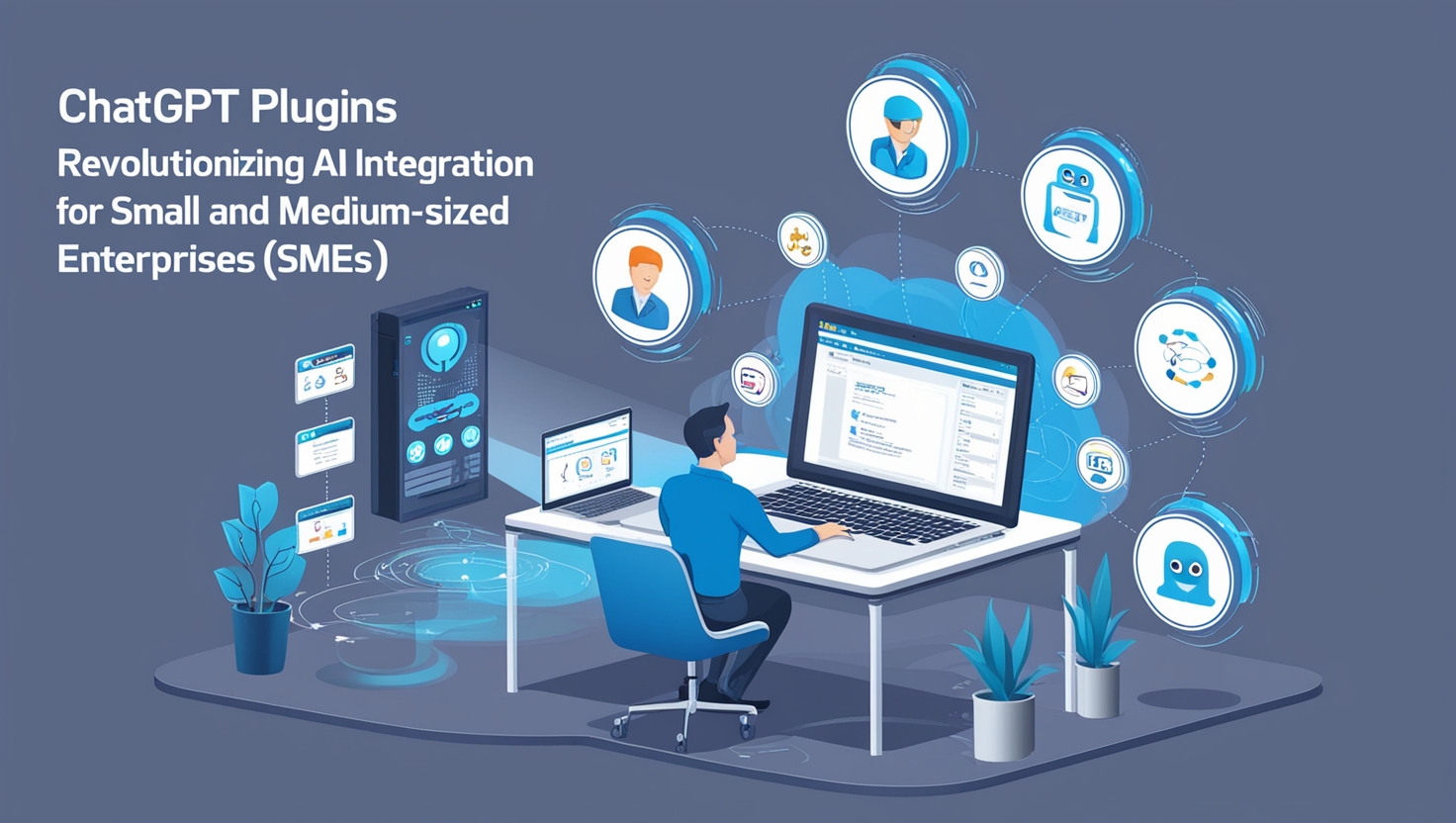
ChatGPT plugins can support E-E-A-T (Experience, Expertise, Authoritativeness, and Trustworthiness) by enhancing content credibility and relevance. They help generate well-structured, fact-checked, and user-focused content while ensuring consistency with authoritative sources. By optimising responses for helpfulness and accuracy, these plugins can improve search rankings and user trust.
Maintaining Human Oversight
Though ChatGPT can draft text, final sign-off should come from an expert writer, ensuring Experience and Authoritativeness remain. Don’t let purely AI-driven content go live without checks—Google prefers genuine first-hand knowledge.
Transparency in AI Usage
If your site content or emails are AI-drafted, disclaim if relevant. Over time, as AI usage becomes normalised, disclaimers show honesty. This can align with “trustworthiness”—no attempts to pass purely generative text as entirely human.
Real Expert Validation
If you produce how-tos or local guides via ChatGPT plugin data, have staff with domain expertise refine details. E.g., a “Tour of Northern Ireland’s best attractions” post might need an on-the-ground local’s verification. This approach cements your brand’s E-E-A-T credentials.
Challenges and Limitations of Plugins
While ChatGPT plugins offer powerful enhancements, they come with challenges such as data accuracy, security risks, and integration complexities. Plugins rely on external sources, which may introduce outdated or biased information, and compliance with GDPR or other regulations can be tricky. Additionally, maintaining performance and reliability across different use cases requires ongoing updates and monitoring.
Potential Hallucinations
Even if plugged into your database, GPT might generate extraneous or incorrect statements. Rigid guardrails or repeated disclaimers to staff remain vital. A plugin can fetch data reliably, but the final text can still meander into unverified territory.
Compatibility Issues
Plugins rely on stable APIs. If your CRM changes endpoints, the plugin breaks. Ongoing dev maintenance is key—SMEs should plan for updates or have an IT partner on standby.
Cost Factors
Some plugin usage might incur additional costs, e.g., calls to external data providers. If your SME needs large volumes of queries, you’ll need to budget. Evaluate monthly usage carefully or adopt a caching strategy.
“Plugins are no silver bullet. Keep verifying correctness, ensure API stability, and keep usage aligned with your real business priorities,” warns Ciaran Connolly.
Implementation Framework for SMEs
- Identify a Repetitive Workflow: E.g., sales data retrieval, product stock checks, FAQ generation.
- Check or Create an API: If your system lacks an API, consider building a basic one or using existing integrations.
- Plugin Design: Outline what the plugin can do—like ‘fetchSalesData(start_date, end_date).’
- Security & Access: Use tokens or OAuth so only authorised ChatGPT sessions can query your internal data.
- Test: Let a small group test queries. If they get nonsense or partial results, refine.
- Roll Out: Train staff. In your marketing, you can mention “We respond faster now because our support uses ChatGPT plugin integrated with real-time data.”
- Monitor: Evaluate usage stats, data logs. Adjust if queries spike or something breaks.
The Future of AI Integration Through ChatGPT Plugins
ChatGPT plugins extend generative AI from an impressive Q&A tool to an interactive hub for business operations—particularly beneficial for SMEs across Ireland, Northern Ireland, and the UK. By bridging GPT’s language prowess with real-time data from CRMs, e-commerce platforms, or knowledge bases, companies can drastically reduce manual tasks, speed up workflows, and even refine SEO strategies.
However, these plugins aren’t a set-and-forget solution; security must be airtight, human oversight remains vital for E-E-A-T, and consistent updates ensure the plugin continues to function as systems evolve. For forward-thinking businesses, an initial plugin pilot can transform day-to-day tasks—increasing staff productivity and delivering more consistent experiences for customers. As we move deeper into the age of generative AI, those who harness ChatGPT plugins effectively position themselves at the cutting edge of efficiency and innovation.
“Plugins elevate ChatGPT into a real strategic advantage—especially for smaller firms lacking big dev teams. Just plan carefully, keep it secure, and revolve around actual user needs,” concludes Ciaran Connolly.
